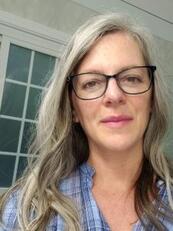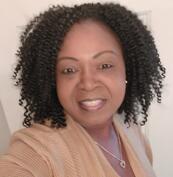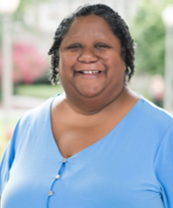Goals and Aims
Discover
Study nature, scope, severity and determinants of cancer affecting patients in the DCI catchment
- Examine key risk factors (molecular, social, epidemiologic, environmental, policy)
- Make new discoveries in novel therapy
Disseminate
Increase awareness through community outreach activities and education
- Multi-directional education with community, scientists, and policy maker
- Develop locally relevant solutions to challenges
Impact
Build partnerships to develop interventions
- Reduce known cancer risk factors
- Increase screening and early detection
- Remove access barriers to genetic/genomic testing and clinical trials
- Improve access to primary care and post-treatment supportive care














